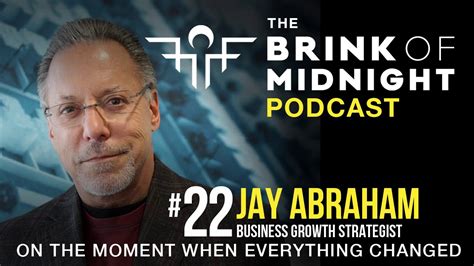A Quote by Jay Abraham
Sell the benefit, not your company or the product. People buy results, not features.
Related Quotes
Since your company is the product that makes all of your other products, it should be the best product of all. When you begin to think of your company this way, you evaluate it differently. You ask different questions about it. You look at improving it constantly, rather than just accepting what it's become.
Customers don't know what they want. There's plenty of good psychology research that shows that people are not able to accurately predict how they would behave in the future. So asking them, 'Would you buy my product if it had these three features?' or 'How would you react if we changed our product this way?' is a waste of time. They don't know.
































